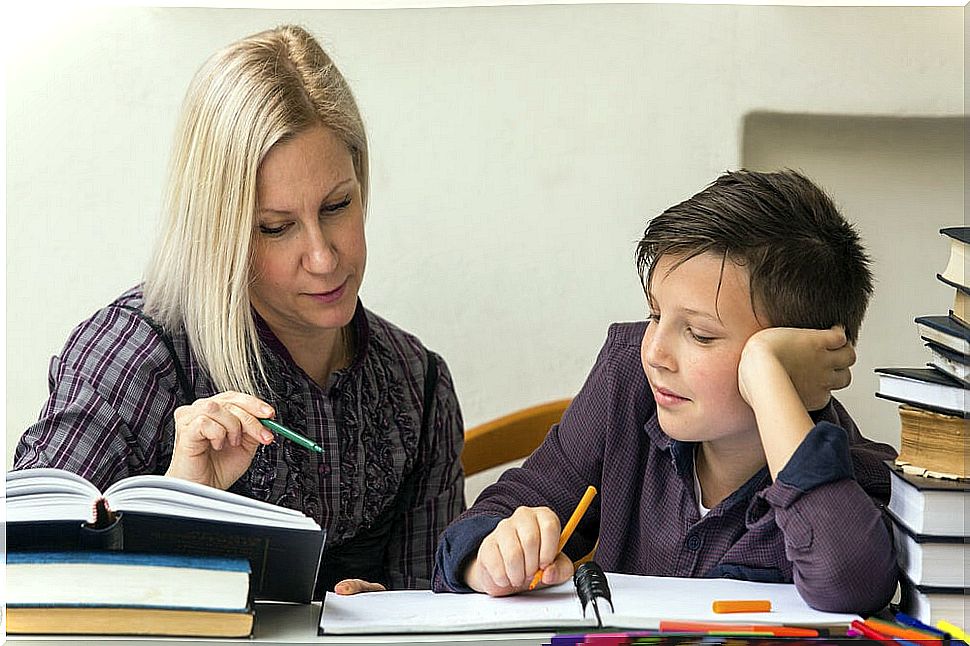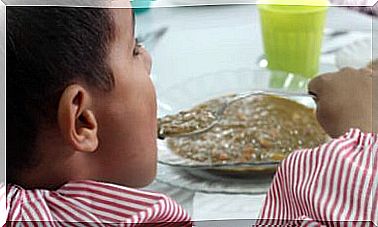How To Know If Children Need Reinforcement Classes

It is not always easy to detect and accept that moment when children may need reinforcement classes. Also, it is not for the same reasons that the little one may require help.
Usually, we look at negative academic results to decide to take children to reinforcement classes. You have to think about other important factors, such as the child’s talent, the workload (sometimes excessive), the amount of extracurricular activities and outside the academic environment, their obligations at home, etc.
What is school reinforcement
School reinforcement is understood to be that complementary activity that reviews the knowledge acquired in the classrooms to delve into the specific subjects that are the subject of these classes.

A class with fewer students is always more productive, as the teacher can better focus on the needs of each of them. Hence, this extra help helps children memorize and better internalize the study syllabus, increasing academic progress in the process.
However, we always understand school reinforcement as an improvement, a complementary activity in those subjects in which the child needs help to review content. But it is also important that it is used in which the little one stands out, as it is essential that they cultivate their talents and potential everything that the young person does well.
Thus, the reinforcement serves for the boys to resolve their doubts in a particular subject. They also help to understand the syllabus, to internalize study techniques and to improve their academic progress.
When to opt for school reinforcement classes
We are going to discover when it is necessary for the little one to receive tutoring, as it is not always easy to detect. First, we opt for the samples of difficulty that can be seen in the boys.
Once the school year progresses, as parents and guardians, we have to look at the evolution of the child. It must be observed that he arrives on time to turn in his homework, that he fulfills his homework, that he concentrates on his study and that he passes all the tests in the various subjects.
Before reaching the point that the child does not feel up to a subject and may be frustrated or think that he or she does not have the ability to pass, we must know that:
- Receiving reinforcement classes does not have a minimum age. If the child is very good in a subject or is not up to par, it is necessary that they receive help, from Primary to university levels.
- Boredom in class can become a problem. The child can be easily distracted and ignore explanations. Therefore, it is positive that you receive more personalized reinforcement classes.
- The study habit might not have worked. If you don’t know how to study, you won’t have the knowledge to prepare for exams, and the academic pressure can be excessive, preventing you from following your own pace.

Recommendations for choosing reinforcement classes
At this point, we are going to see what is recommended if we detect that our children need reinforcement classes. Of course, first, remember to consult with a professional or their tutor to find out if it really is convenient for the boys to have the help of a private teacher or go to an academy.
Once we are fully aware that the child needs reinforcement, it would be good to talk to the children directly. In this way, we will know what happens to them, what they feel and why they do not reach the level expected of them. Perhaps the problem is not due to lack of ability, but of motivation, personal problems, issues that require a psychologist, etc.
Parents must always be the interlocutors between the teachers of formal education, that is, of the school or institute, and the individuals of the reinforcement classes. Thus, task overloads and confusion are avoided.
Also, never forget the social and personal factors of the child. Problems can arise inside and outside the classroom. Hence, we have to be very attentive to any alteration that we see.
Finally, if your child receives reinforcement classes because he excels in one area, there will be no problem. But if it is the opposite, do not allow it to see it as something negative, as we could be causing the opposite effect to the one sought.










